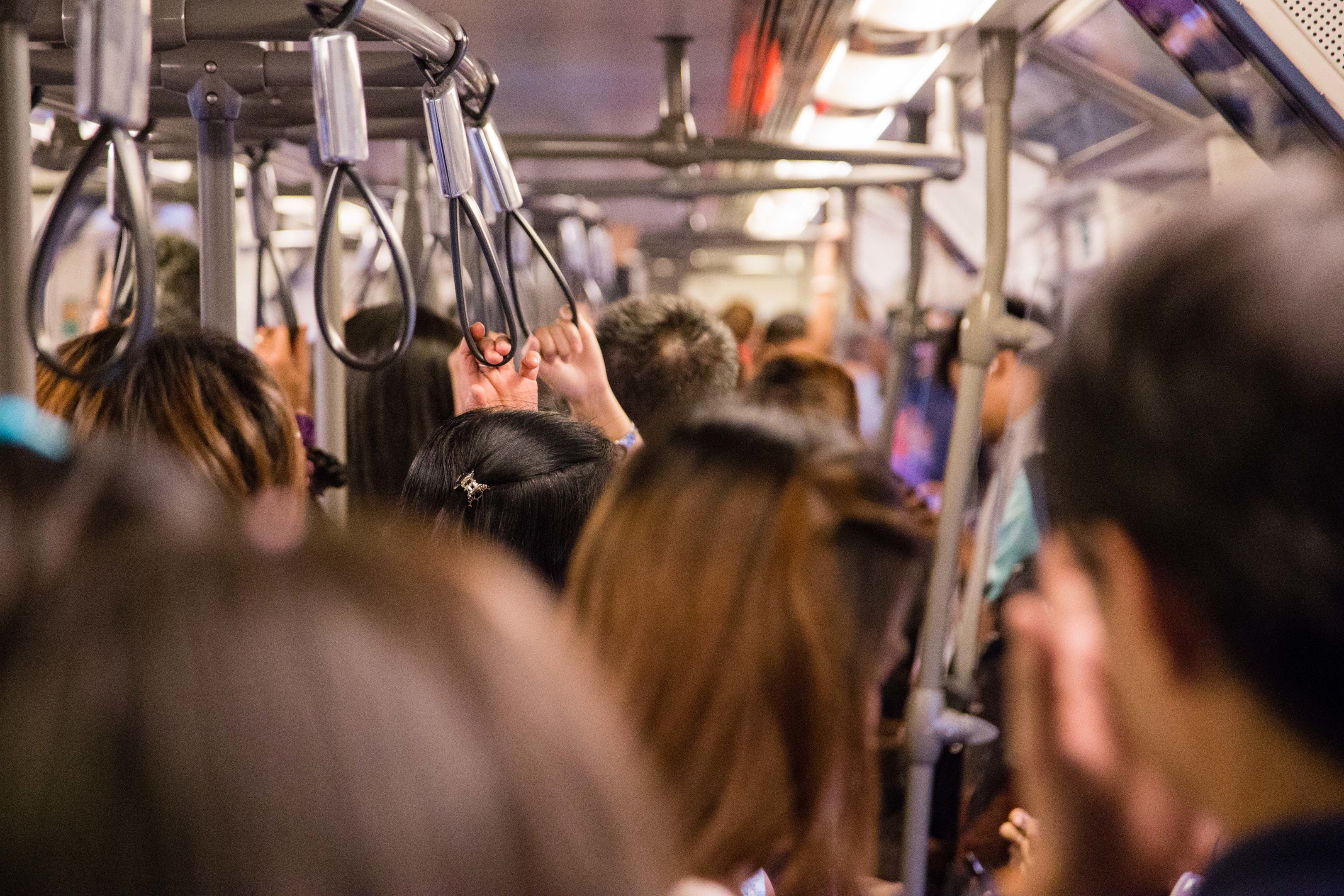
RAIL commuters are spending over two hours getting to and from work every day as travel times increase for Britain’s workers, a new study reveals.
Workers now take an average of 27 days a year getting to and from work after travel times increased by five minutes a day compared to a decade ago, the TUC said.
Rail passengers face the longest journeys at an average of two hours 12 minutes a day, compared with 52 minutes for drivers and 39 minutes for those who travel by bus, the research found.
People who walk to work have the quickest daily journeys at 30 minutes, followed by cyclists (43 minutes).
Londoners have the longest commute, while Welsh people have the shortest, the TUC added.
General Secretary Frances O’Grady said: “We’re now spending 27 working days a year going to and from work. That’s wasted time, which could have been better spent with family and friends.
“Commutes should be getting shorter, but inflexible bosses and our cash-starved transport system mean we’re wasting more and more time getting to work.
“It doesn’t have to be like this. Home working and less rigid hours would take pressure off road and rail.
“And serious government investment could give us a transport network that’s up to the job.”
Phil Flaxton, chief executive of Work Wise, which promotes flexible working, commented: “This should act as a wake-up call to employers to change their outdated attitudes to commuting.
“Year on year, the UK’s roads and public transport infrastructure become more congested. It’s time to act to protect the health and wellbeing of the weary commuter.
“Not only are long commutes bad for our health, but they can affect our ability to concentrate at work.
“That’s bad for productivity, resulting in a lose/lose situation for employers, employees and the whole economy.”
The TUC blamed longer commutes on low government spending on transport infrastructure, employers not offering flexible and home working and real wages falling while property prices “soar”, making it hard to move closer to work.

Enjoy the convenience of having The Sunday Post delivered as a digital ePaper straight to your smartphone, tablet or computer.
Subscribe for only £5.49 a month and enjoy all the benefits of the printed paper as a digital replica.
Subscribe